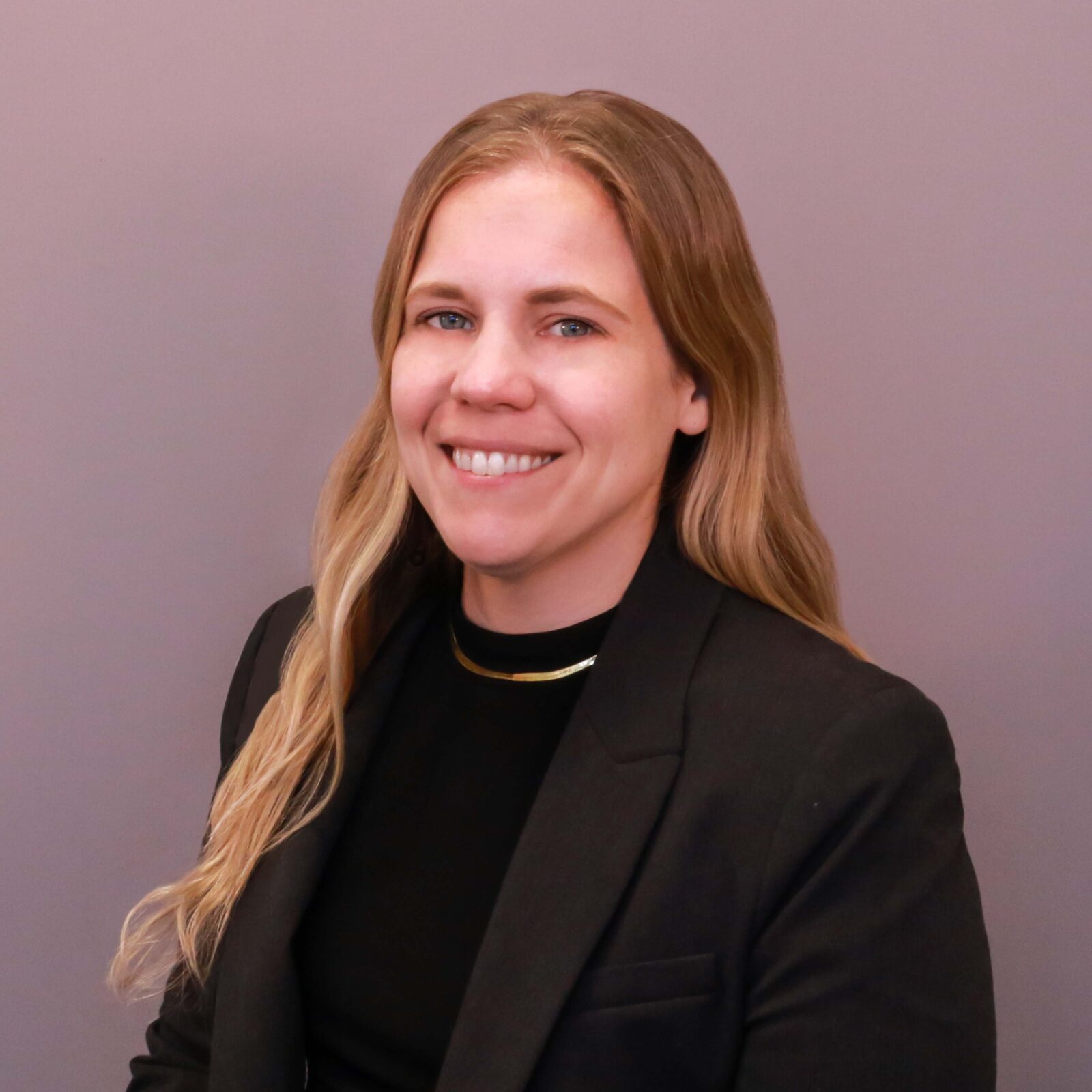
The phone interview is an important part of the BHS hiring process. This blog post is by our Director of Sales and Recruitment, Kristen Schappler, who has 6 years experience in healthcare hiring:
Hearing from your recruiter that you got an interview is always a great feeling. BHS recruiters love to deliver this news, and travellers love to hear it! The next step is selling yourself to the client and sealing the deal for your next exciting contract.
Having been involved with hundreds of interviews over the course of my healthcare staffing career, I have heard the good, the bad, and everything in between. I wanted to use this experience to share some tips with our readers on how to ace the interview and stand out against other candidates.
Here are my top 8 tips!
#1 – Come Prepared
Before you get on the phone with a hiring manager, it can be highly beneficial to research both the facility and the location that you’re interviewing for. Taking 5-10 minutes to google it is all it takes. This shows the interviewer that you truly care about the job you’re considering and the community of patients you will be caring for!
#2 – Ask Questions
Phone interviews are as much about the hiring manager deciding if you’re the right fit for them, as they are about you deciding if this job is right for you.
Use your research on the facility to ask questions about the patient population, census, equipment, support staff, EMR, orientation, or anything else you can think of. I also recommend asking about the community and surrounding area. Most travel positions involve 3-4 shifts per week, so think about what you’ll be doing on the remaining 3-4 days each week! Exploring new locations is part of what makes travel positions enticing, and BHS clients often have fun and interesting recommendations.
#3 – Flexibility
Keep in mind that medical facilities often contact agencies like BHS for unexpected staffing emergencies. They tend to be in urgent situations needing to cover multiple shifts and skill sets. For this reason, travellers who are able to offer flexibility in any way will always stand out.
On the interview, make sure to mention flexibility you can offer in scheduling (start date, length of contract, shift times). Versatility between skill sets and patient populations are highly desirable as well. If you are willing to float from floor to floor, make sure to say so. If you can offer skills or expertise beyond what the client is requesting, let them know!
#4 – Be Concise
Most phone interviews for travel positions last 15-20 minutes, so there is a lot to cover in a short time. Make sure to strike a balance – you should aim to provide enough information and ask enough questions without over talking.
#5 – Smile while you Talk
This might feel silly, but it works! Every employer is looking for employees who have an upbeat & positive attitude. This goes for all jobs, but especially for travellers who are about to interact with a whole new set of people. Use the interview to show the hiring manager how easy you are to work with. You would be surprised how many candidates get the job based on great personality!
#6 – Talk Logistics
Talking logistics such as start date and lodging accommodations can help “seal the deal.” It gets everyone thinking about the next steps needed to get you through the door. As a bonus, you may also get a recommendation for affordable and quality lodging accommodations!
#7 – Be Truthful
It can be tempting on interviews to embellish your skills and experience, but it is to your advantage to be honest about where you have strong skills and where you still have more to learn. Overselling your skills can lead to cancelled contracts, which ultimately wastes your time and money. Instead, let the hiring manager know that you are open to training in areas where you need help!
#8 – Ask for the Next Step
It feels reassuring to wrap up an interview knowing what will happen next, and there’s nothing wrong with asking! Sometimes hiring managers have the authority to make immediate decisions after the interview, but often they need to consult with others to get approval before making you an offer. Ask about the timeframe within which you should expect to hear back so you can plan accordingly.
If you are considering other offers, this is also a good time to politely let the hiring manager know. It may cause them to make decisions more quickly to avoid missing out on you!
That wraps up my tips. I wish you the best of luck on your next interview!

